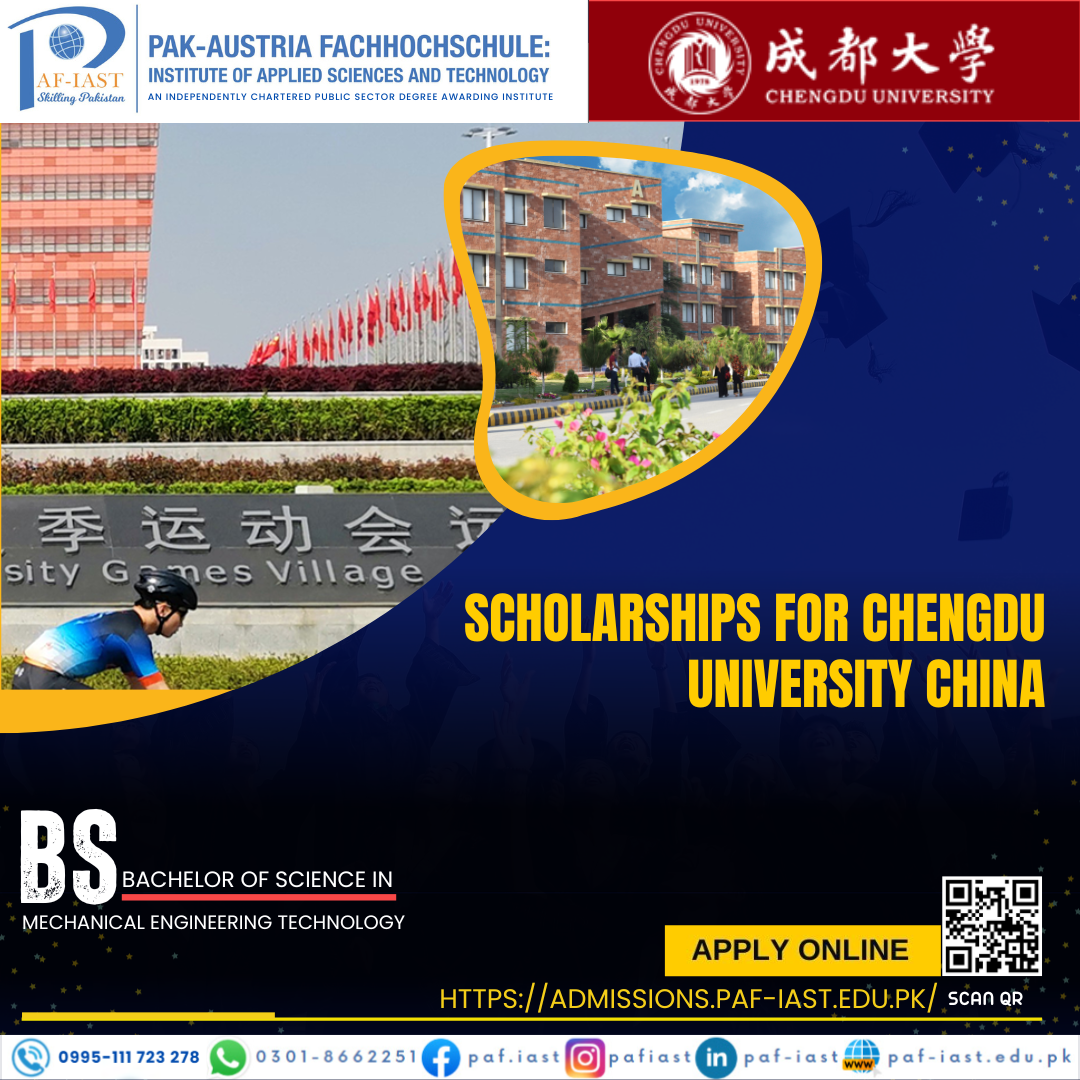The Department of Mechanical & Manufacturing Engineering (MME), Pak-Austria Fachhochschule: Institute of Applied Sciences and Technology, is established with the aim of educating the students professionally to cope with the industrial and societal challenges by offering a learning environment which is well grounded in the principles of Mechanical & Manufacturing Engineering. The Department is being built from scratch on the concept of Industry 4.0. In this way the modern technology tools being implemented in the industry are already there for the students to learn. The department provides an excellent opportunity for the students to balance the gap between theoretical instruction and practical exposure by engagement and interaction with relevant industries and organizations. To cope with interdisciplinary requirements and diverse nature of industrial problems, technologies from Electronics and Computer Sciences are also merged in the departmental programs. Sustainability and Energy Management is always kept in consideration while embracing all the new technologies. The department provides an excellent opportunity to address the gap of Automation in Manufacturing Industry in Pakistan by producing competent engineers who would play their role in the Automation of Manufacturing industry using modern/state of the art techniques. The department’s focus is on preparing the students for a career in product or process design, research and development, production facilities layout, and project engineering in an industrial and manufacturing environment. Relevant Industries potentially being benefited from the department can be aerospace/aviation, railways, automotive, transportation, construction, telecommunication, Information Technologies, Power, renewable energy, oil/gas, military, agriculture, health sciences and biomedical. All the activities in the department are also planned to work according to Sustainable Development Goals.
15 scholarships for sponsored stay at Mechanical Engineering Department Chengdu University China during second and third year for students enrolled at BS Mechanical Engineering Technology
